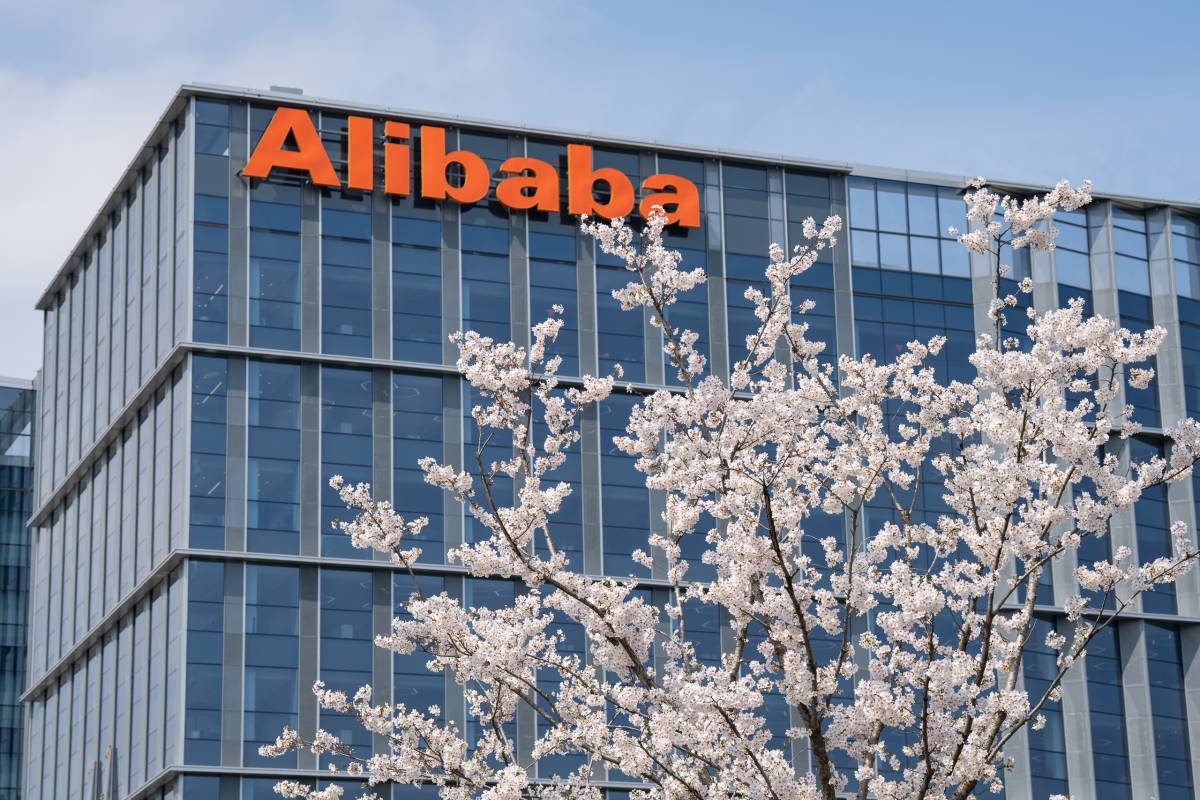
Chinese e-shopping destination Tmall.com has changed its name, continuing to distance itself from the B2C platform that spawned it, the sprawling Taobao Marketplace. Tmall.com will now be marketed to mainland consumers as √•¬§¬©√ß≈í¬´ (in pinyin, that’s “tian mao,” literally translated as “celestial cat”) instead of √¶¬∑Àú√•¬Æ¬ù√•‚Ä¢‚Ć√•≈∏≈Ω (Taobao Mall). The company is keeping the Tmall.com moniker in English. The website’s url—tmall.com—also remains the same. Officials said the name change will help consumers better understand Tmall’s positioning as a source of high-quality, brand-name products from merchants offering customer-service guarantees.
The move is the latest step in an effort to differentiate Tmall from the original Taobao, China’s largest e-commerce website. Spun off from Taobao in 2008, Tmall has a different business model that emphasizes a smaller but higher-quality base of vendors and brands, including multinational companies like Forever21 and Uniqlo. Tmall charges its member-merchants service and transaction fees. In contrast, Taobao revenues come from advertising; merchants pay nothing to sell on the platform, which is less an online shopping mall and more a vast digital bazaar.
Hangzhou, China-based Alibaba Group, parent of both websites, split them into separate businesses, Tmall and Taobao Marketplace, last June. But Tmall officials may have opted for a name change because consumers and the Chinese media continue to confuse the two. A new Chinese-character logo reflecting the name change is expected to be unveiled in March after the winner of a public design competition is selected.
Tmall.com also announced that in 2011, the gross merchandise value of sales for the platform exceeded RMB100 billion, 3.5 times that of 2010.




